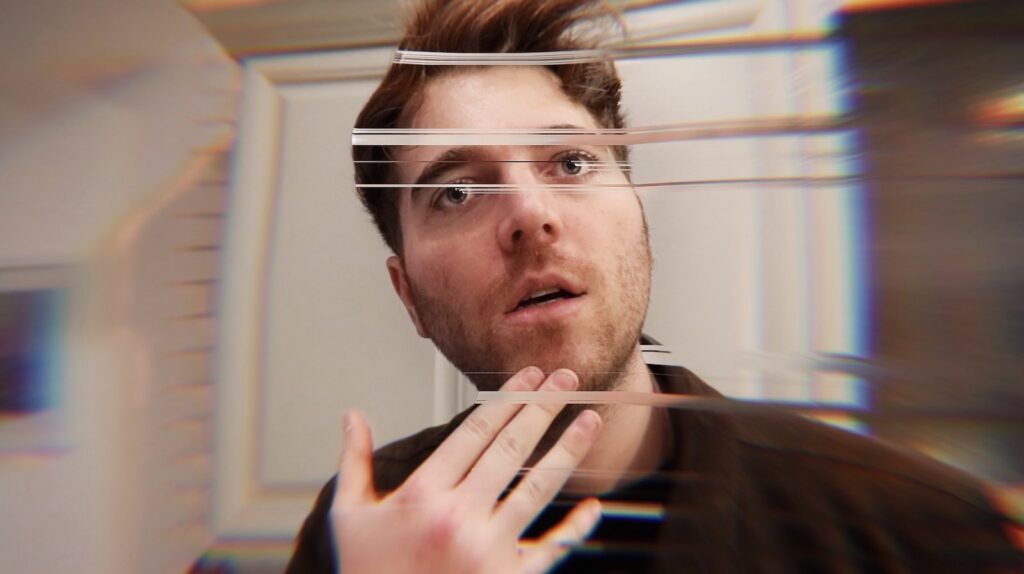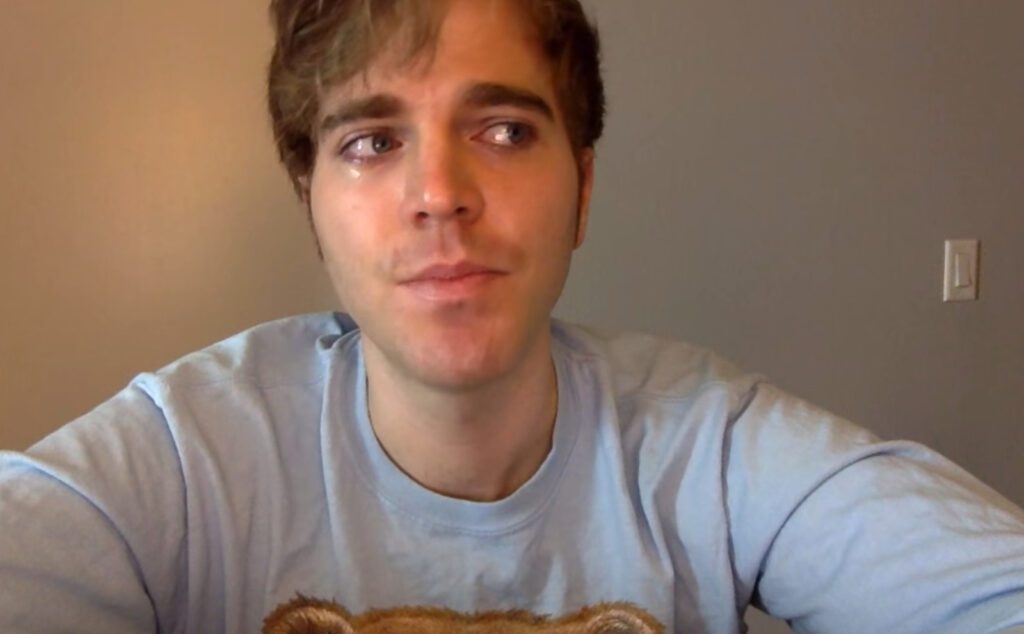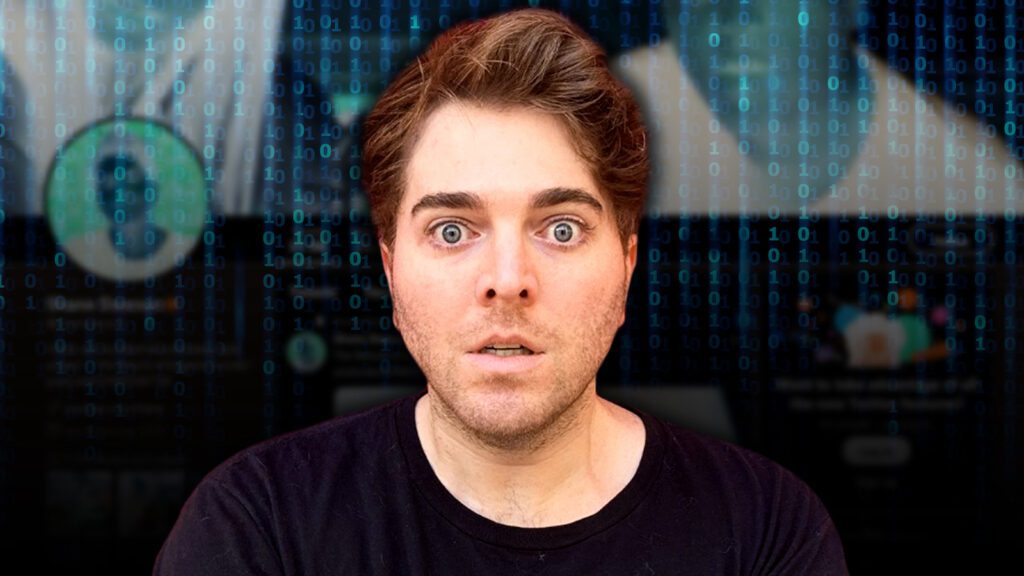
Is Shane Dawson using his newborn to raise his net worth?
Well readers, its time for a story that encapsulates the convergence of personal milestones and public scrutiny in the age of chronically online Gen-Z. This week, YouTube sensation Shane Dawson and his husband, Ryland Adams, stepped into a whirlwind of mixed reactions with the birth of their twin boys. But why did an event typically met with congratulations turn into a vortex of controversy?
Shane Dawson, with a subscriber count hitting nearly twenty million, isn’t just a familiar face on YouTube; he’s an original icon of the platform. However, his journey hasn’t been without its bumps. Since 2020, Dawson’s reputation has taken hits, with his past content and interactions attracting criticism. What happens when an influencer’s history clashes with their present?

The Backlash
Dawson’s announcement was swiftly met with a storm of reactions, not all of them celebratory. The internet’s memory is long, and Dawson’s past — littered with controversial jokes and offensive content — resurfaced with a vengeance. His humor, often pushing boundaries, now colors perceptions of his new role as a parent.
It wasn’t just Dawson’s history that ignited debates. The birth announcement became a springboard for broader societal discussions, encompassing anti-gay sentiments and surrogacy ethics. As right-wing influencers chimed in, the joyous news morphed into a battleground for cultural and political ideologies.
Navigating the digital era means influencers’ lives are perpetually under the microscope. Major life events, like welcoming children, become public domain, dissected and debated. Dawson’s case is a stark reminder of how digital footprints can cast long shadows, affecting not just the individuals but their families too.

The Ripple Effect
The backlash Dawson and Adams faced isn’t an isolated incident. It reflects a growing trend where influencers’ personal milestones are scrutinized through the lens of their online personas. The content that once catapulted them to fame becomes the very thing that invites criticism in their personal lives.
This scenario isn’t unique to Dawson. Other YouTubers, like Trisha Paytas, have navigated similar choppy waters. Their experiences highlight a new reality for digital celebrities: their personal lives are subject to public opinion, often harshly so. This scrutiny extends beyond the realm of YouTube, sparking wider conversations about societal norms and values.
The Dawson-Adams family news has unraveled into a larger discussion about LGBTQ parenting and surrogacy. It’s a reflection of how personal choices can become entangled with broader societal debates. As influencers like Dawson navigate these complexities, they become inadvertent catalysts for deeper conversations about acceptance, ethics, and the evolving nature of family.

Looking Ahead
As we witness the unfolding narrative of Shane Dawson and Ryland Adams, a question lingers: where do we draw the line between an influencer’s past and their present? Their story is more than a tabloid headline; it’s a microcosm of the challenges faced by public figures in the digital age.
Influencers, like Dawson, find themselves at a crossroads. Their platforms offer immense reach, but with it comes a responsibility to navigate their past and present with care. As they evolve, so do the expectations of their audience. The public’s reaction to Dawson’s personal joy is a stark reminder that the path of an influencer is fraught with complexities that extend far beyond the screen.
So, as we reflect on this tale of personal milestones clashing with public opinion, we’re left pondering: How will the journey of influencers like Shane Dawson shape the future discourse on personal life in the public eye?



